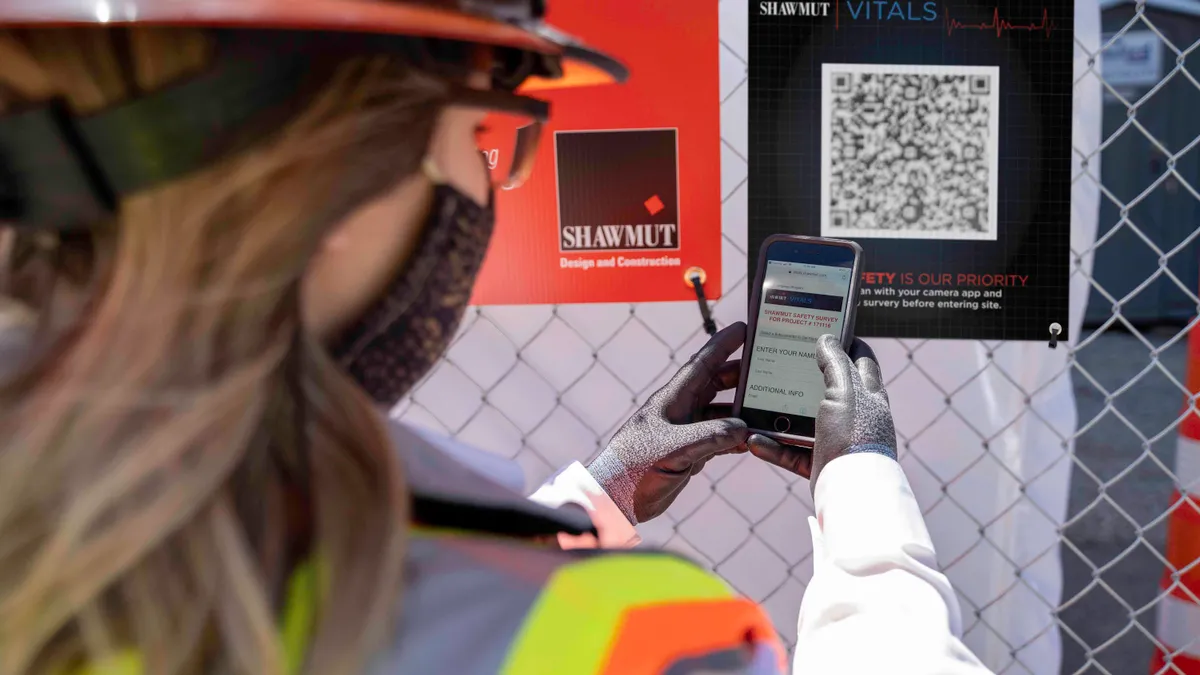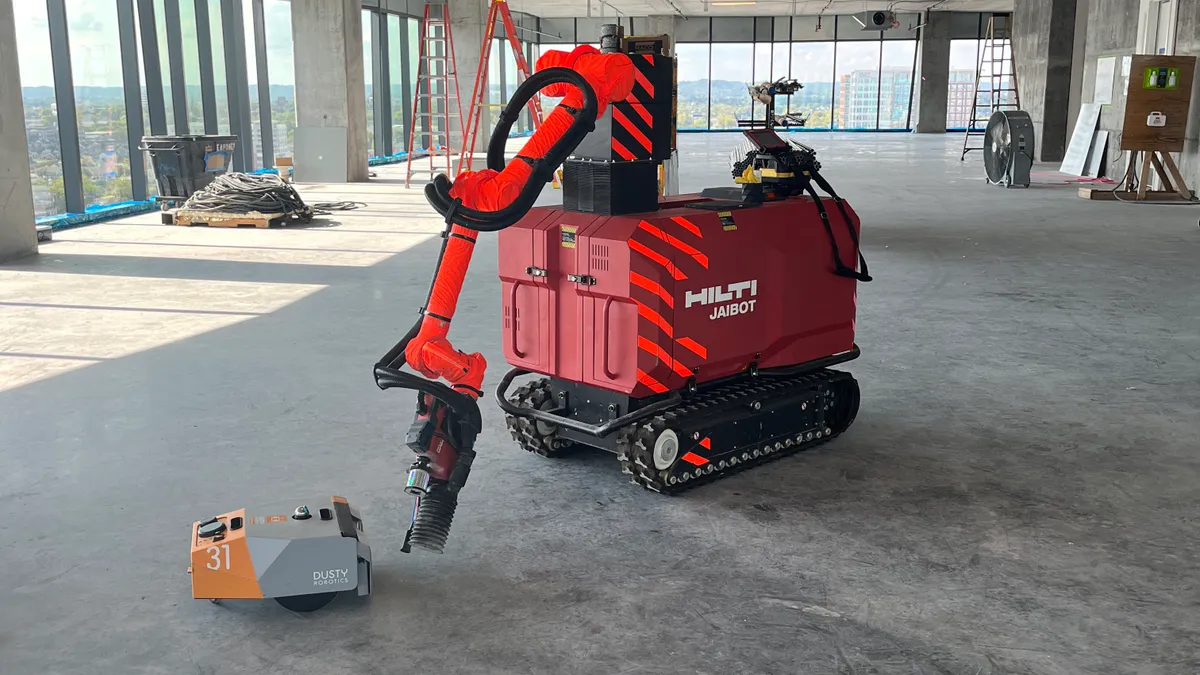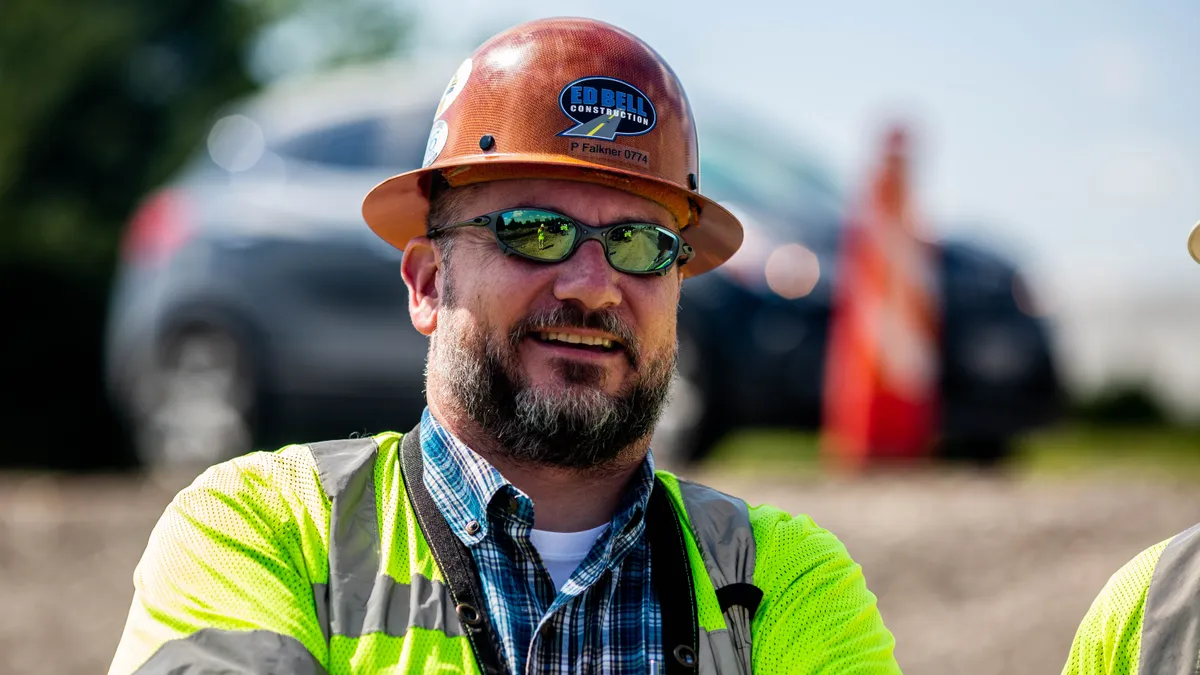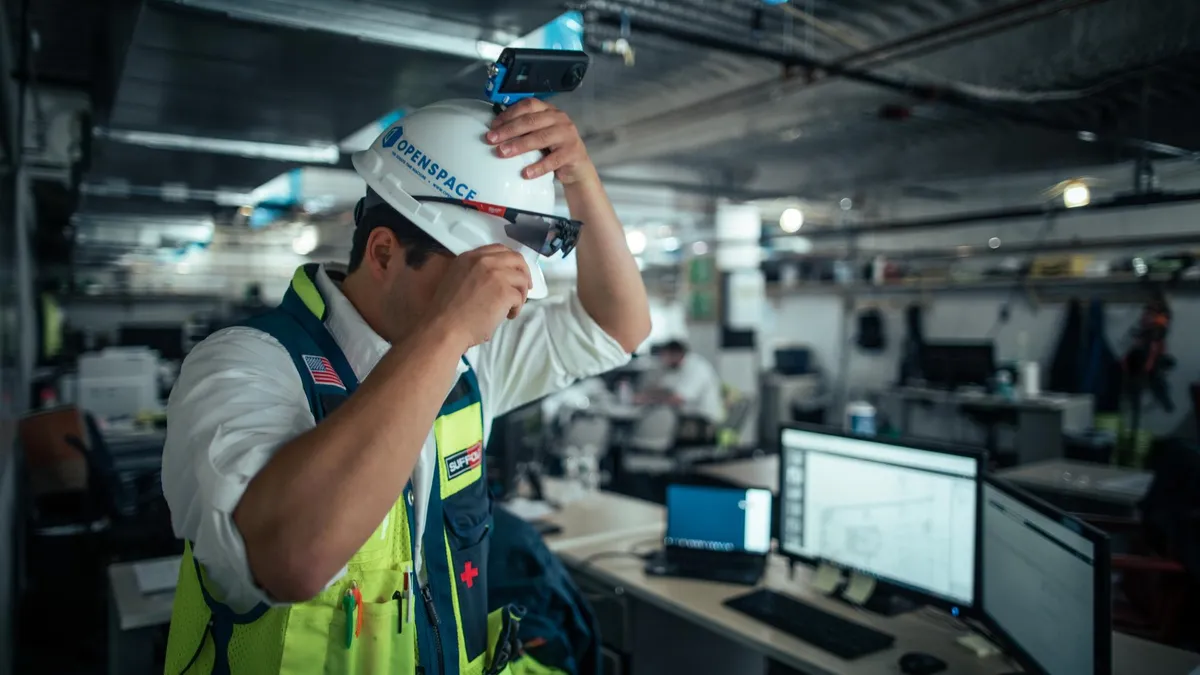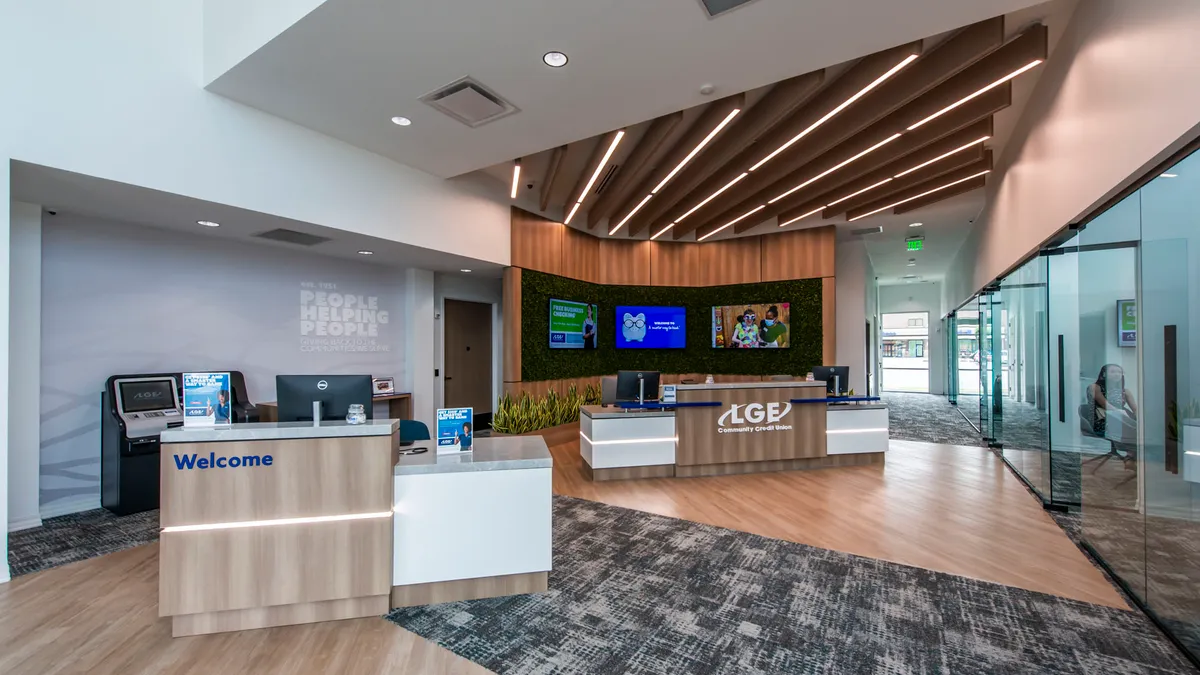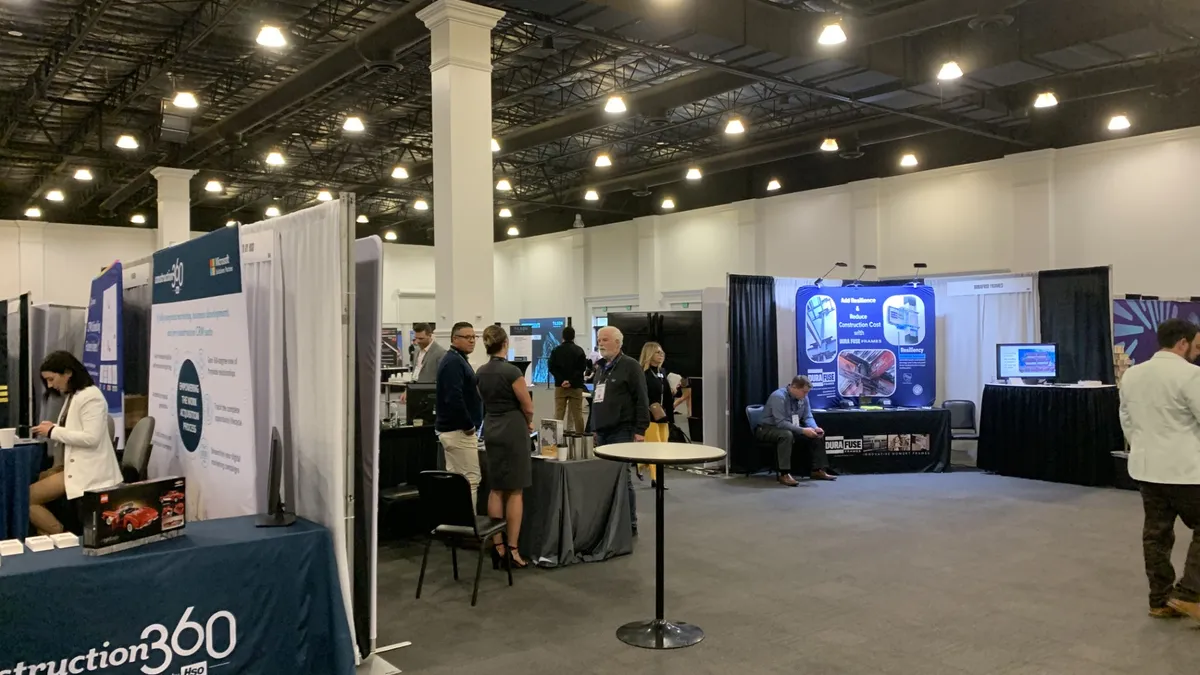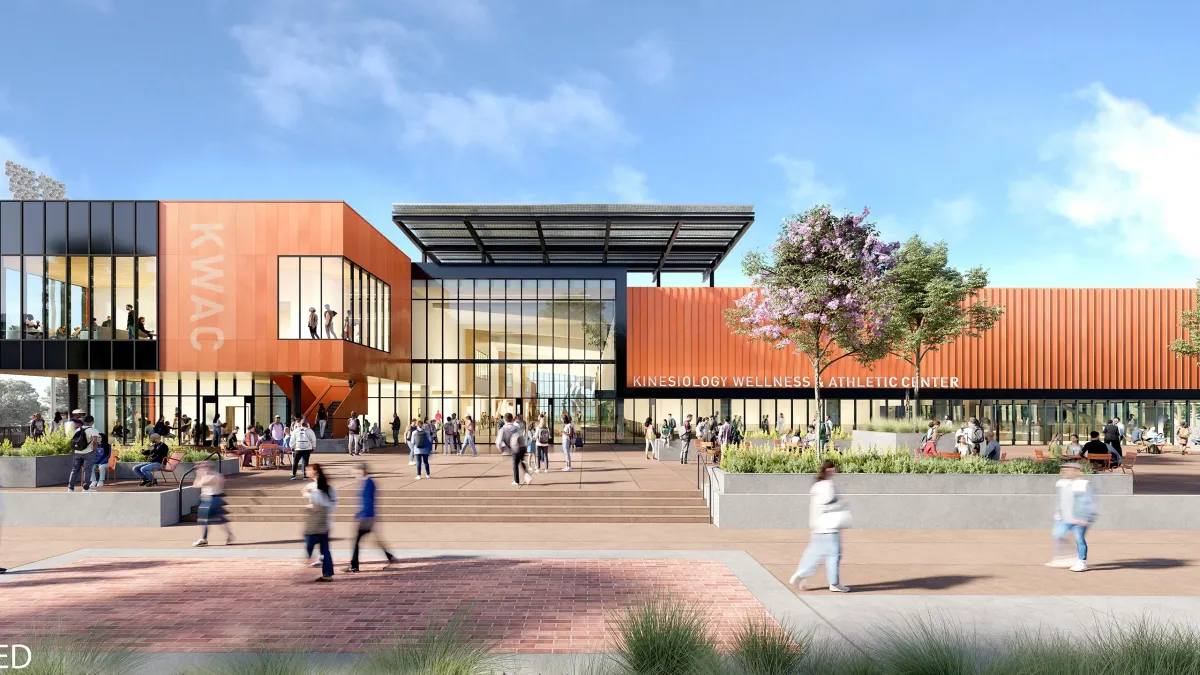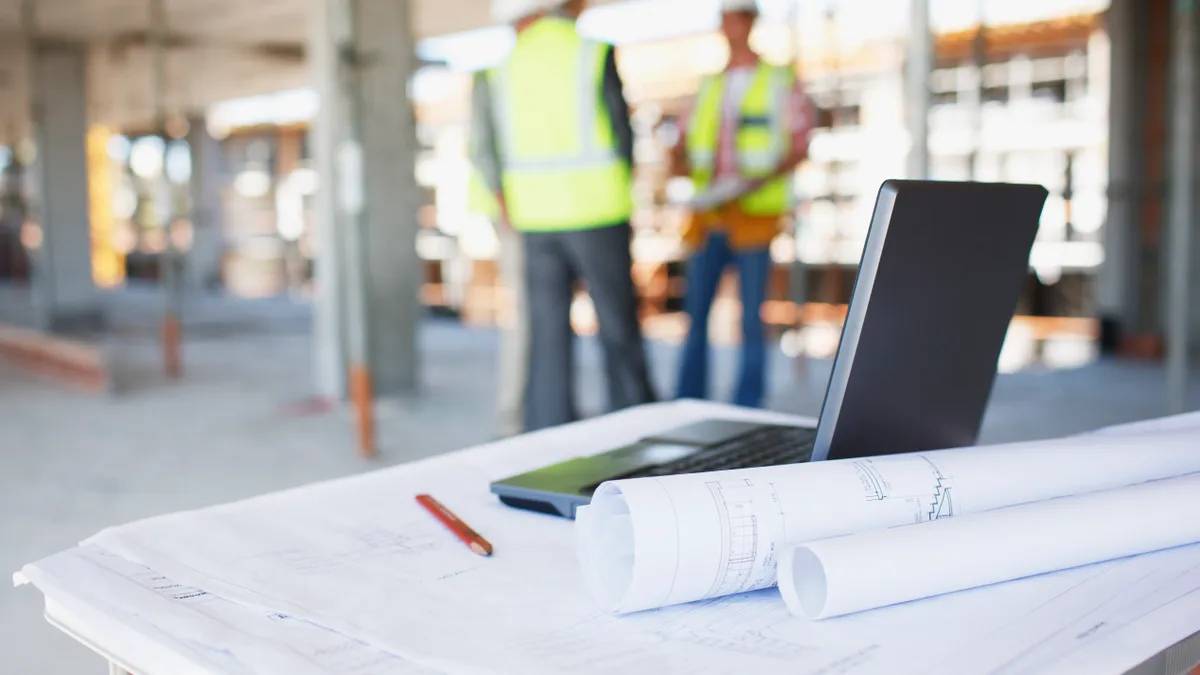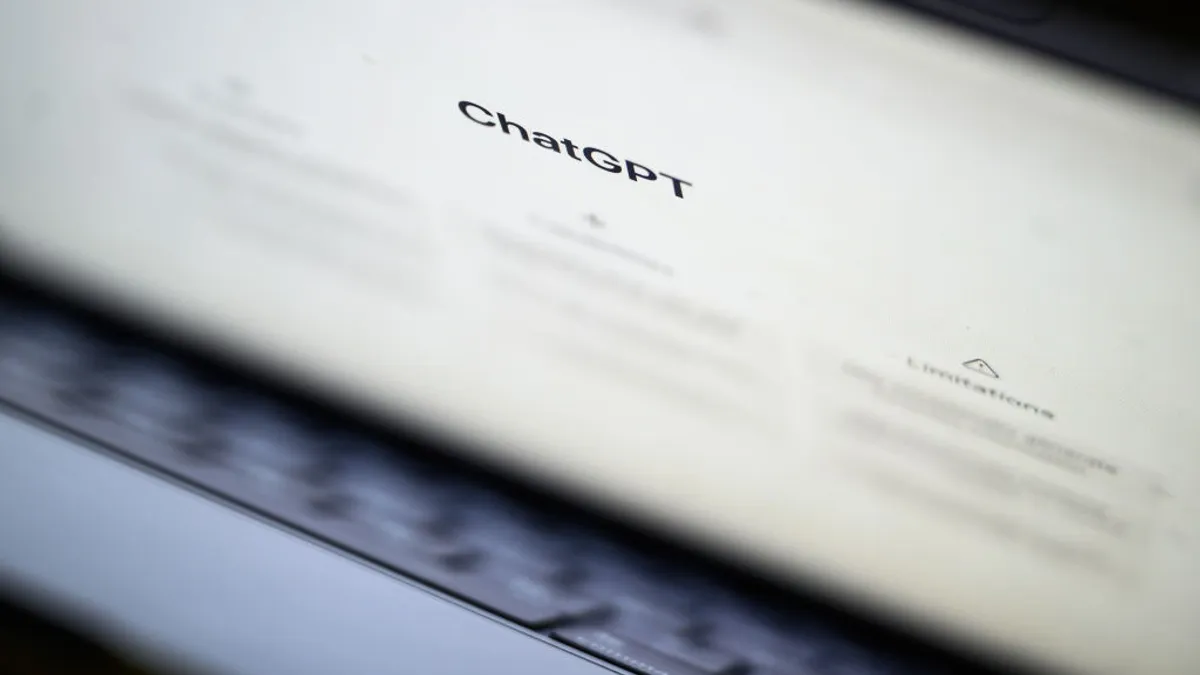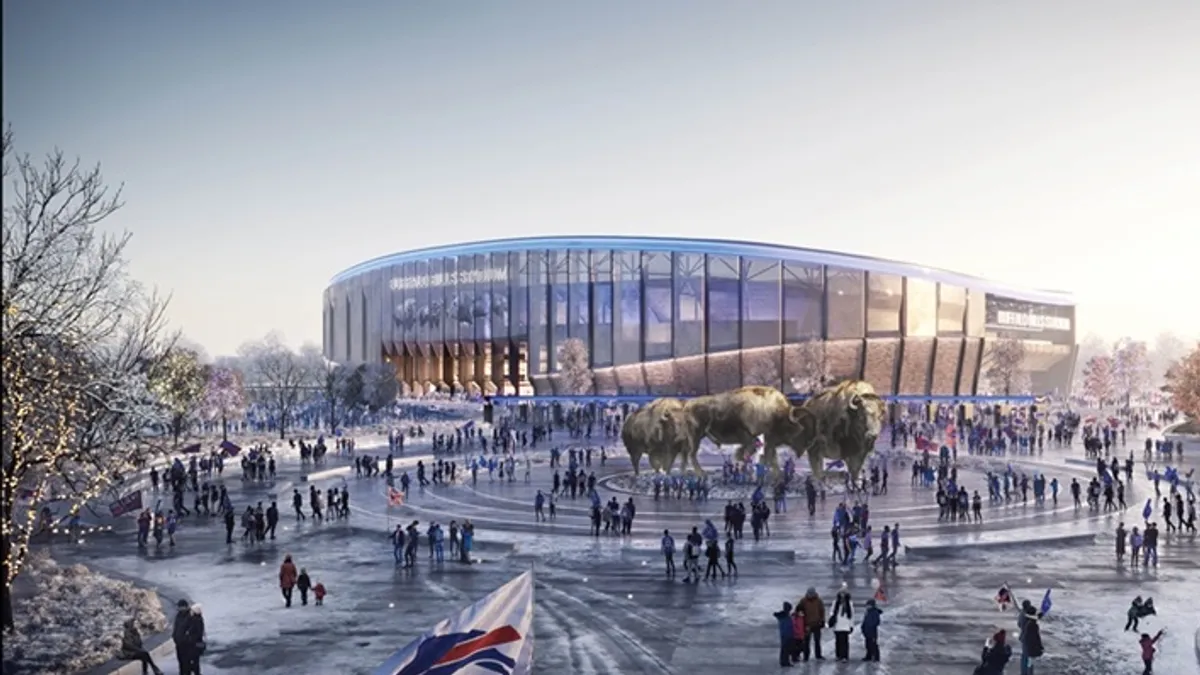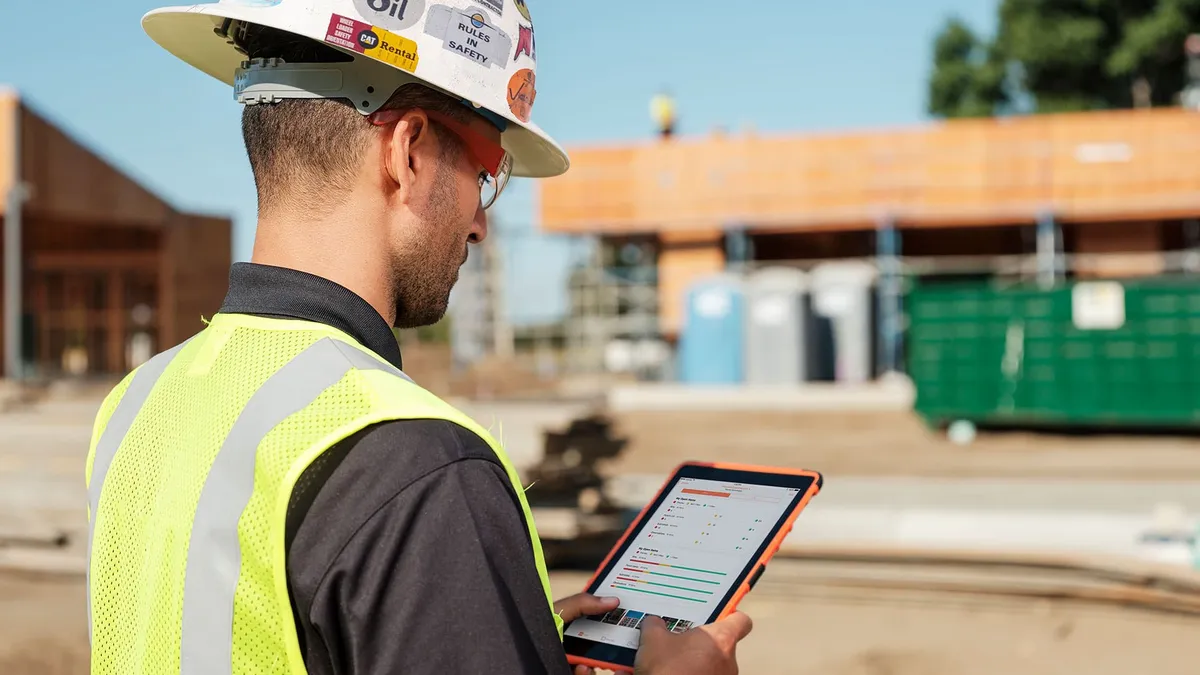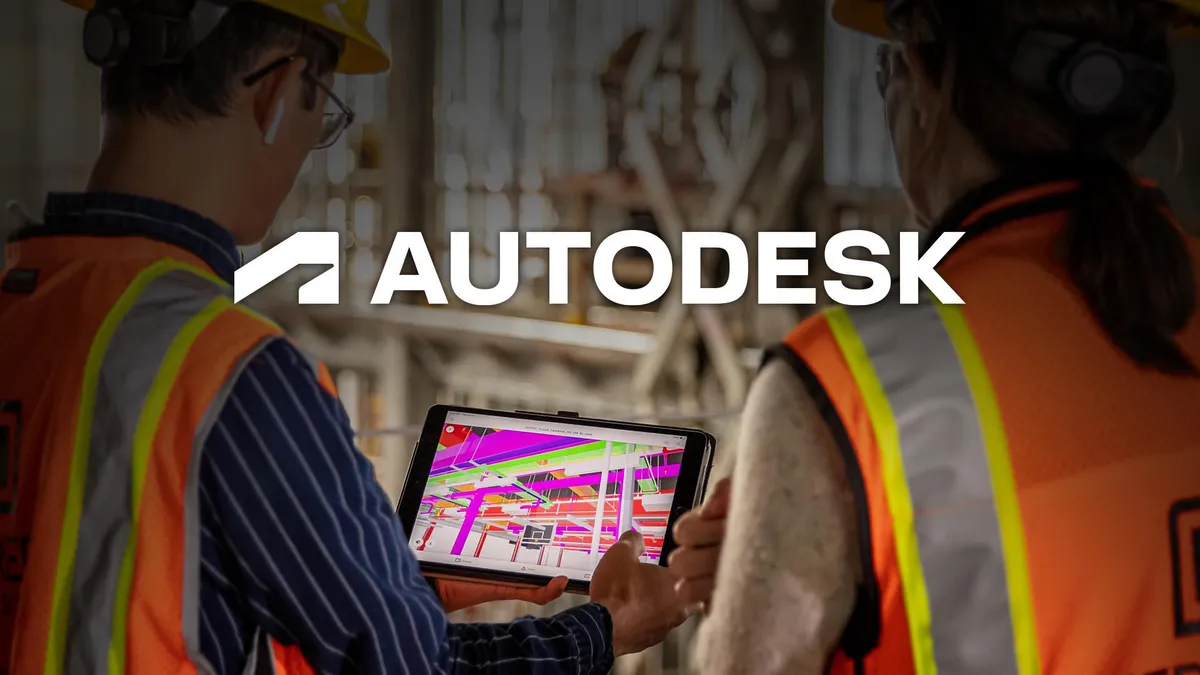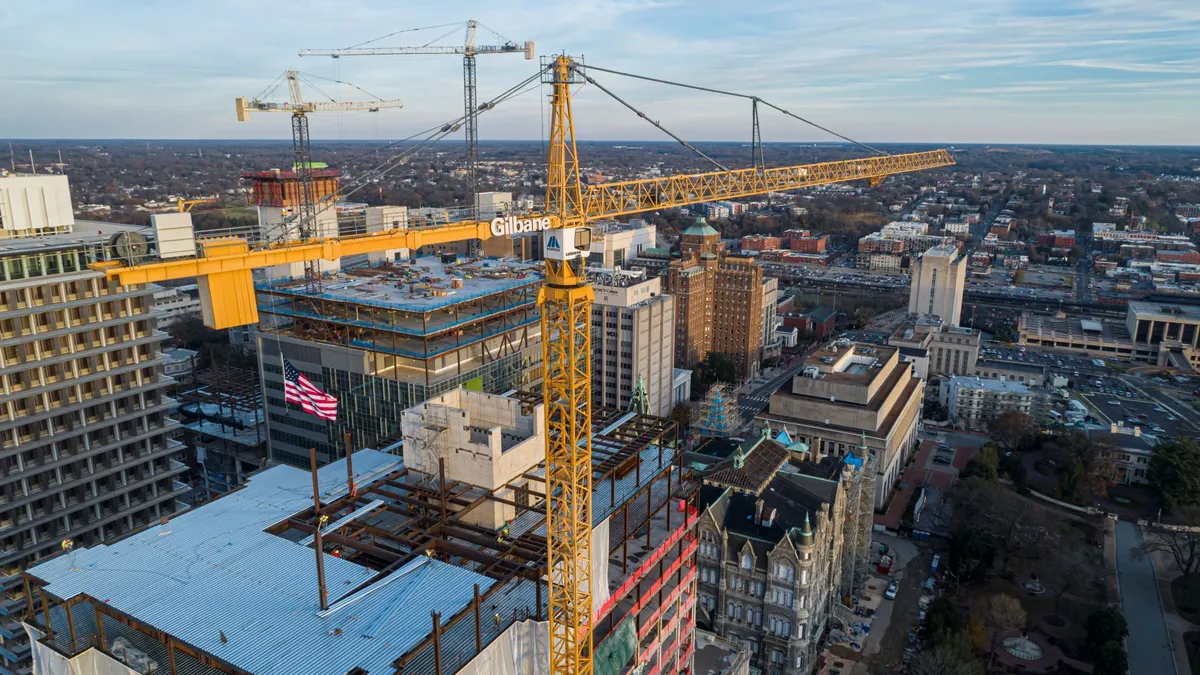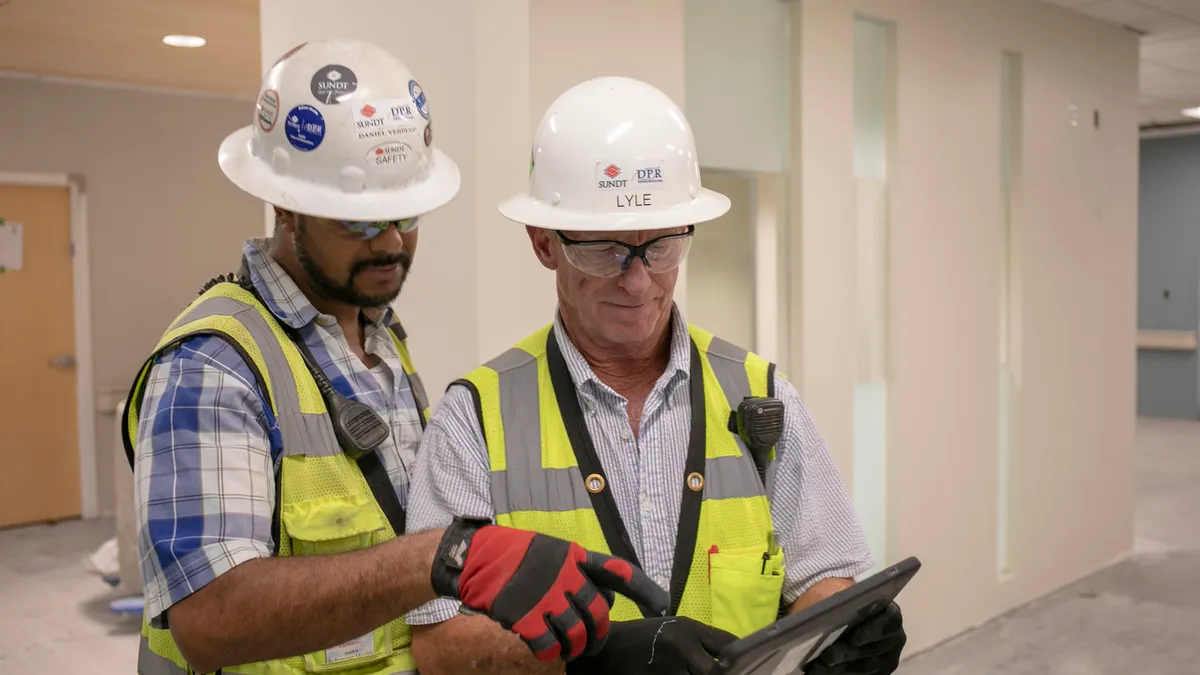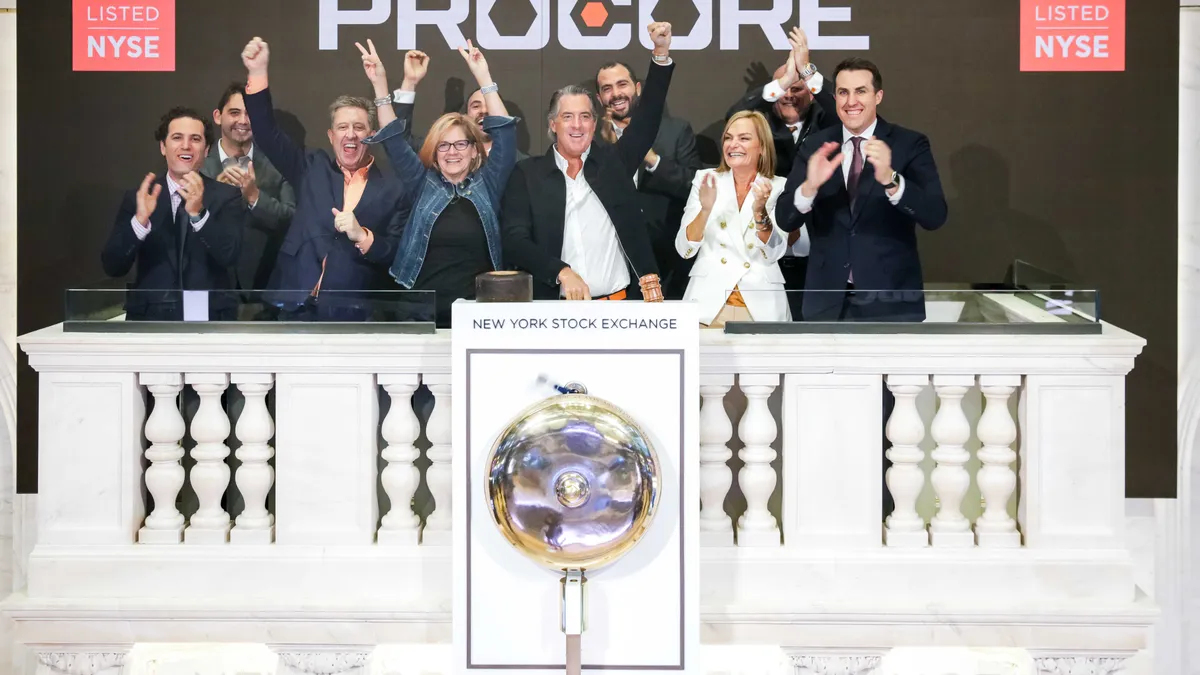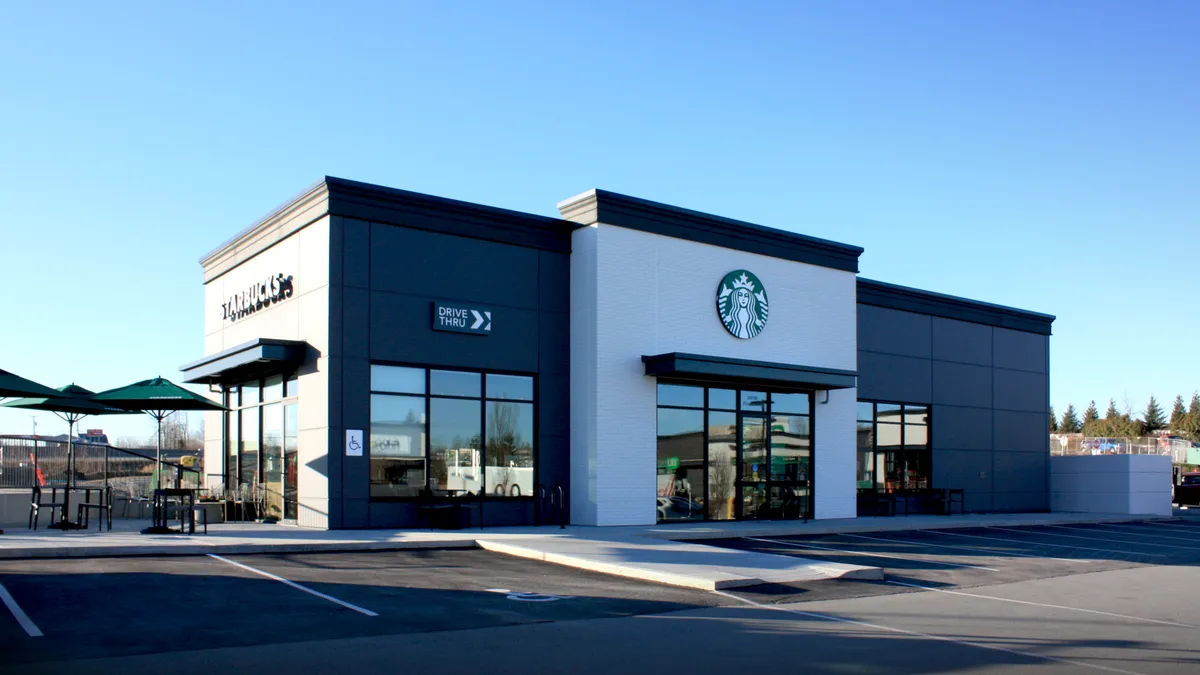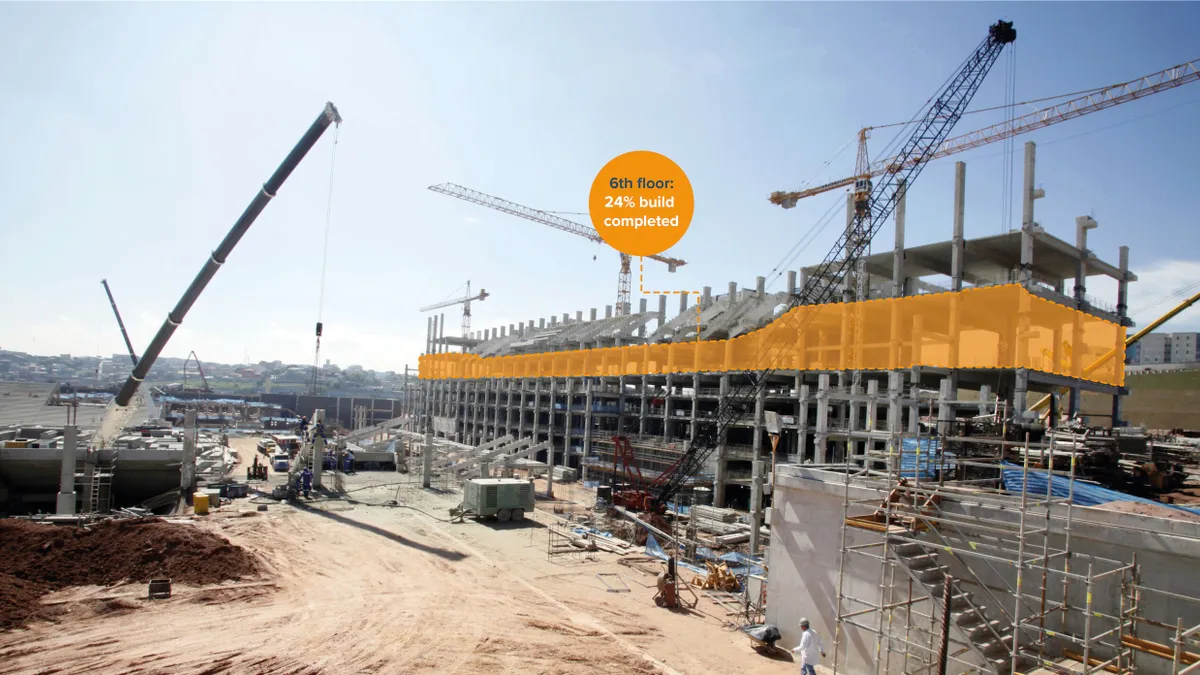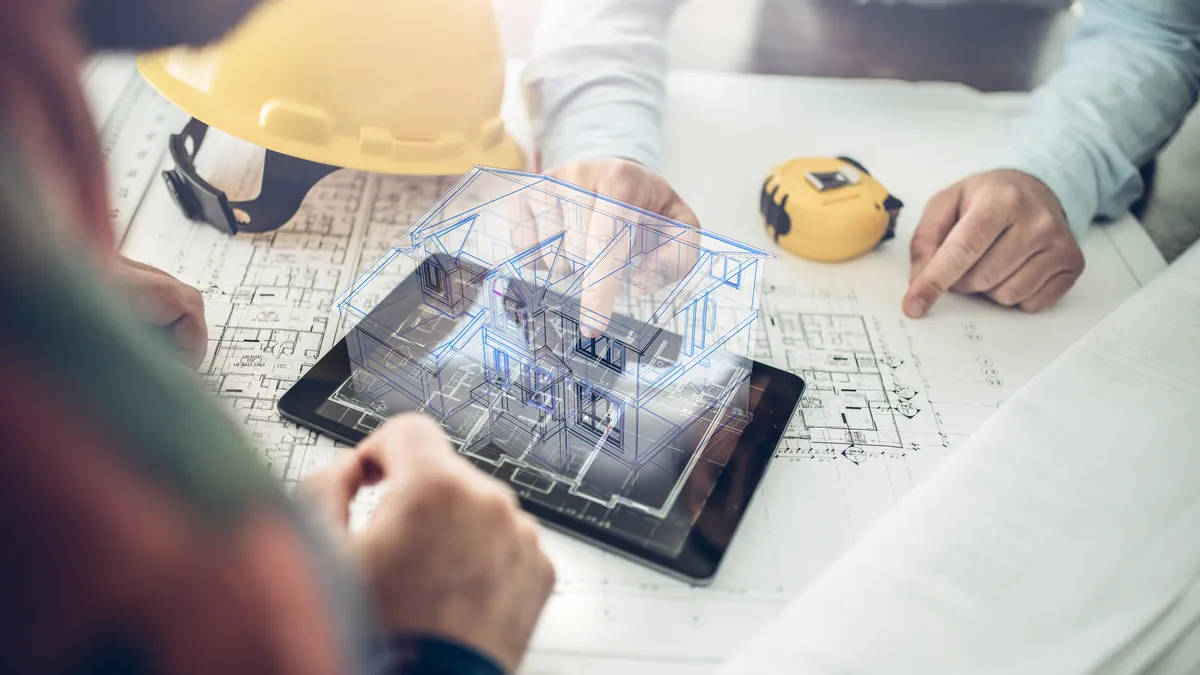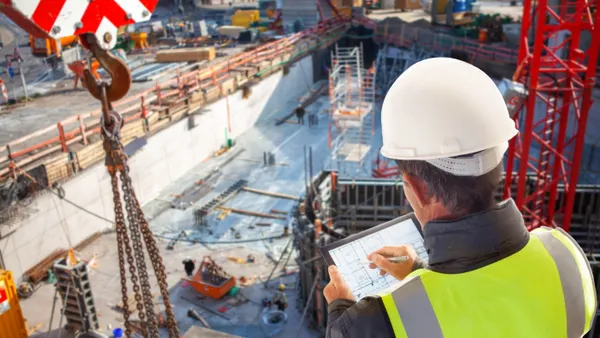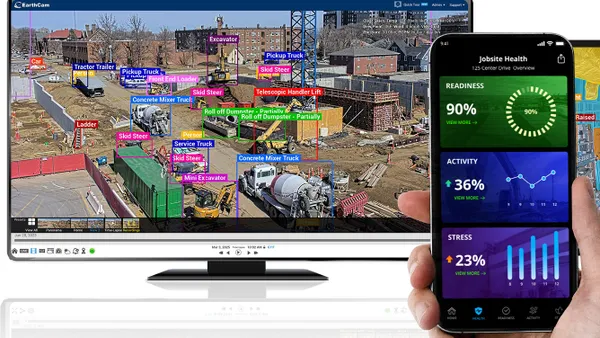Like many contractors, Boston-based Shawmut Design and Construction needed a way to fight the spread of COVID-19 on jobsites. Instead of waiting for off-the-shelf solutions to come to market, Shawmut developed its own platform — Shawmut Vitals — for measuring construction workers’ health on site and paired it with other solutions to ensure the success of the program.
Construction Dive spoke with Shaun Carvalho, chief safety officer for Shawmut, to learn more about Shawmut Vitals, and its crossover with other platforms.
What are some examples of the ways that Shawmut uses technology to keep workers safe these days?
SHAUN CARVALHO: We've developed some tools and we've partnered with some other vendors to provide our company with the resources to evaluate the risk [from COVID-19]. One of the best ones we've developed in-house is Shawmut Vitals. It’s required by our new COVID-19 plan, and it comes from CDC guidelines and other states and local jurisdictions that we work for that also have their own requirements.
We compiled all the requirements and recommendations that these [jurisdictions] have, and took the questions that need to be asked of everybody that enters the jobsite every day. Instead of giving them pen and paper, we put the questions in a tech format so that we didn't have the transfer of pens and paper and material goods from one person to another. We didn't have people huddled up in close proximity, answering these questions as a crew with their crew leader and whatnot.
As soon as we created that criteria, one of our project teams in Massachusetts said, “Well, I know we can't be close with each other and we can't share a pen and paper. So, let's think of an electronic solution here.” Over the course of a weekend they created an electronic way to communicate this safety message and receive information back. That quickly ramped up to us at corporate, and within two weeks, our corporate IT department created a companywide platform called Shawmut Vitals that allows individuals to come near our jobsite.
And I say “near” because they scan a QR code before they enter the site, they answer all of the questions affirming that they are healthy, that they have no COVID-like symptoms, that they are not awaiting testing, nor is anybody in their household.
What is the benefit of developing something like Shawmut Vitals in-house?
CARVALHO: Now that type of software exists in a couple of different fashions out in the workplace, but we developed this months and months ago early in the pandemic. There really wasn't a lot out there that was coming our way. We had the resources internally. So the IT department heard about what this project team had done and decided that this was something we could do using the Microsoft suite as a software basis for it.
They were able to turn it around really fast within two weeks. We can control it more that way, since it's in house. We have it linked with other software devices that we use, so that we can even drive some better efficiencies with other things that we do.
For instance, one of the most recent improvements to the system was drawing a comparison for everybody that completed the Shawmut Vitals that day on a jobsite, to how many people have been identified to be on the jobsite through the daily report log in Procore. So, we have a direct comparison to how many people we are seeing on the jobsite every day versus how many people are actually completing the Vitals individually. It's a great tool to see if there are any gaps, because we really need to ensure that everybody that is working certainly has completed their health check every day.
What are the biggest challenges Shawmut has faced? What are the biggest challenges you foresee for the rest of the year and into 2021?
CARVALHO: Obviously this pandemic has created lots of new challenges. As we started the year, nobody expected these new circumstances, but Shawmut is still guided by our core values that we established when we were founded in 1982. Since the onset of the pandemic, we’ve leaned on those values: putting people first, finding a better way to deliver for our clients in a safe and responsible way.
Ultimately, our core value of actively building a safe and injury-free environment has never been more important. The health and safety of people have to come first. And we bore witness to that as governments continue to shut operations down to keep only essential people going to work. And we're experiencing that today.
So, if we are not really actively living on our core values, then we're making mistakes. And we need to continue looking into the future because of the pandemic, which, unfortunately, doesn't feel like it's going away anytime soon.
This interview was edited for brevity and clarity. Have an idea for a ConTech Conversation? Email the Construction Dive team.



